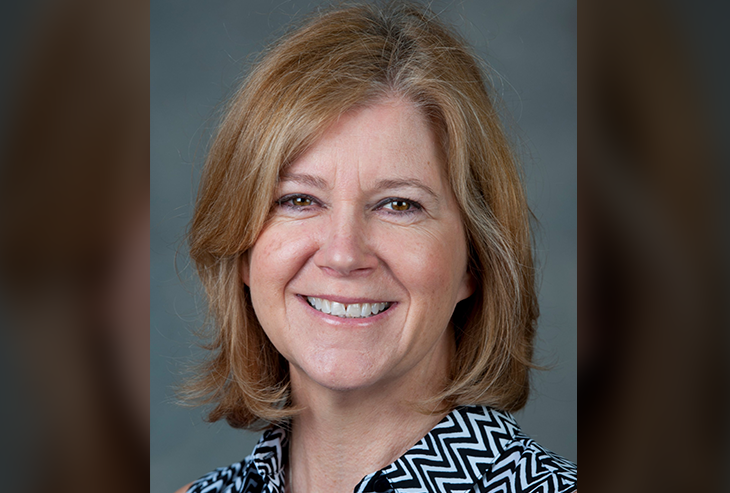Graduates applying to medical school this year will face an application process that is quite different than years prior as most interviews will be held virtually. Here is what to expect during this virtual interview experience and tips to help you prepare!
There’s a lot of work — and a lot of waiting — in the process of applying to any graduate program, but that’s especially true of medical school.

You work, for weeks if not months, on your personal statement, your CV, and the extra essays describing up to 15 of your “work and activity experiences,” along with three longer essays on your “most meaningful experiences.” These documents and essays are part of your primary application for medical school, which is submitted through the Association of American Medical Colleges (AAMC) Central Application System.
Your hope is that you advance to secondaries, which is when the medical schools you have applied to receive your materials from AAMCAS, decide you’re worth further consideration, and give you the opportunity to write even more essays! Do that well and it can put you in the elite group of those who are invited to campus for in-person interviews, where you can meet faculty and current students, tour the facilities, and maybe even sit in on a class.
This is the final step toward the golden ticket: an offer of admission. Oh, but that was 2019. And 2018. Now, in 2020, the year of murder hornets, locust swarms, COVID-19, and other things that force us to stay home, if you are invited to interview for medical school, you will most likely do it right there where you’ve been hiding out for the last 5 months — at home. Medical school interviews will virtually all be virtual this year (see what I did there?).
So what should you expect from this virtual interview experience and how can you prepare for it? In the time since COVID-19 took students from classrooms and employees from their offices, most of us have become at least familiar — if not comfortable — with virtual platforms such as Zoom, WebEx and Teams. But a meeting and an interview are not the same thing!
The Association of American Medical Colleges has created guidelines and tips for applicants to help them prepare for virtual interviewing. In addition to the live interview itself, admissions committees may also choose to utilize a tool that’s been developed by the AAMC, called the Video Interview Tool for Admission (AAMC VITA).
With VITA, applicants will respond to prompts/questions in a one-way recorded interview, which will be available for review by admissions committees. Students will answer six questions of three types: “medical school journey” questions, situational interview questions, and behavioral interview questions, all designed to assess core competencies for applicants. Questions will be different from one applicant to the next. Responses can be recorded all at once, or over multiple sessions. Each question is allowed only one take; you cannot answer the same question a second time, nor will you be able to view the videos once they are recorded.
It is up to each school to determine whether to incorporate VITA into their interview process. Utilization of this tool will allow them to focus interview time in other ways, as they will already have answers to some questions beforehand.
The Student Professional Development Center at Elon holds a subscription to a program called “Big Interview,” which can be immensely helpful in preparing and practicing for a virtual interview. Originally created and marketed to students to allow them to practice interviewing with a non-live, recorded “interviewer” and then view themselves afterward for self-criticism, Big Interview’s time has come in an unexpected way.
Now, not only can you practice answering questions (themes of which you can select, by the way), but you can now see the experience as it will actually be: with both you and the interviewer on a computer screen. All students have access to this tool through the SPDC website. Create an account, set up the kind of interview you want to have, and then practice!
Before the real thing, though, be sure to make an appointment in the SPDC for a mock interview for graduate school (which will be virtual, so even more practice!). You can’t ask questions or receive direct feedback with Big Interview, but you can do so with a live advisor. Let us help you prepare for your interview. Your success matters to all of us.
This is part of a series of columns written by the Student Professional Development Center’s professionals and offering industry insights and career guidance.



